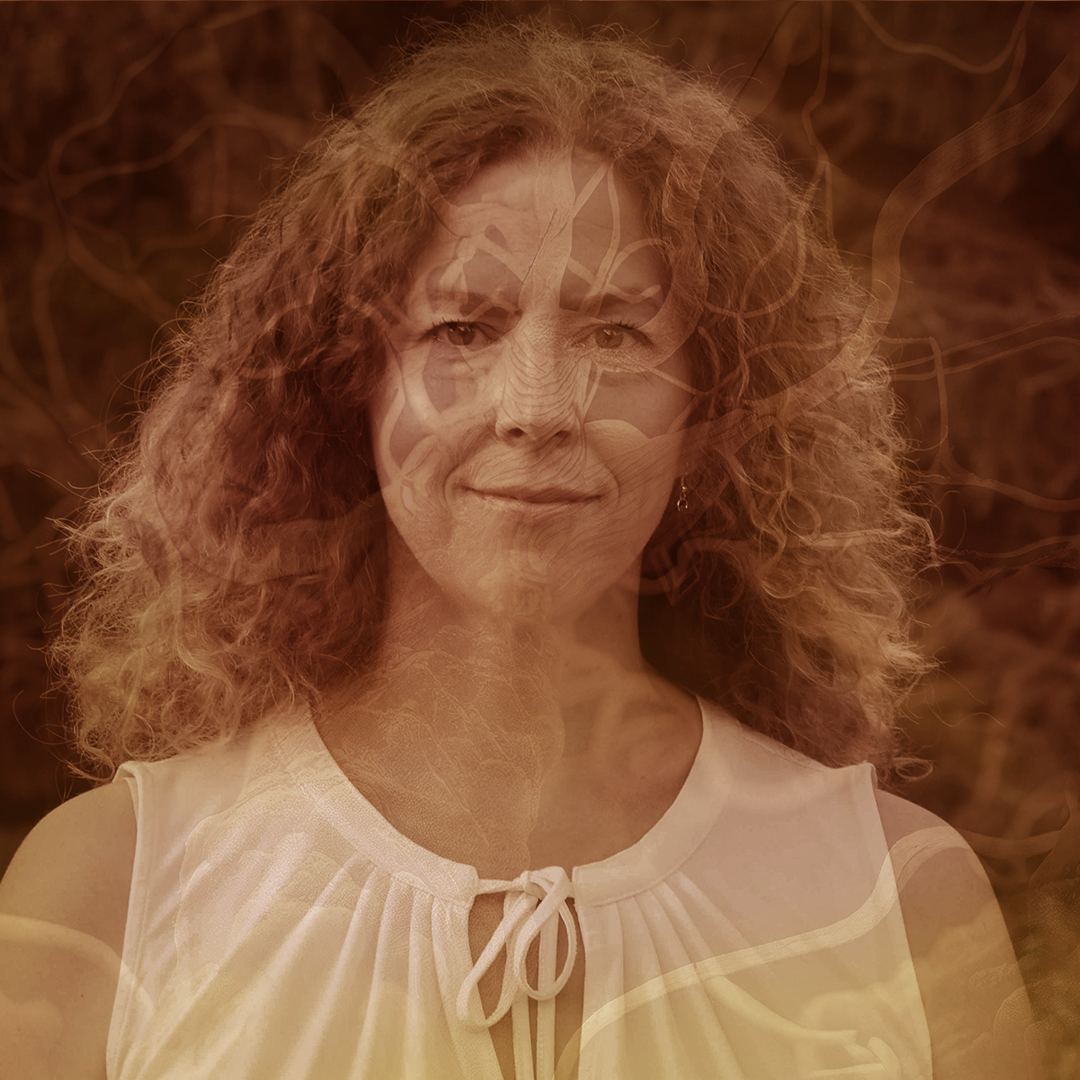Presenters
Speakers / artists

Known and unknown. Web of life
The web of life is intricately interconnected, and the interactions between organisms and their environment are critical for maintaining the functioning of nature. For example, the interactions between soil organisms and plants, are critical for maintaining soil health, nutrient cycling, and ecosystem productivity. Bacteria, fungi, insects, and much more play essential roles in decomposing organic matter and releasing nutrients, which are taken up by plants for growth. In turn, plants provide food and shelter for soil organisms, which supports their growth and diversity. This exchange creates a synergistic relationship that is essential for maintaining the health of the ecosystem. Pollinators, likewise, play a crucial role in the holistic synergies of nature. They facilitate the movement of genetic material between plants, allowing for the creation of new individuals and the maintenance of biodiversity. This interdependence between pollinators and plants highlights the complex web of life and underscores the importance of conserving and restoring these interactions.
We can continue this list of important interactions forever – there are thousands, millions, billions of crucial relationships in nature. The fabric of life is made up of complex and interconnected interactions between organisms and their environment. I will discuss to what extent human activities have disrupted these interactions and whether is there something we can do about it. Are we able to secure the existence of the web of life? Are we able to restore it? It is clear that restoration efforts must take a holistic approach that considers the interdependence of organisms and the environment, and ecological principles underlying the functioning of nature must become commonplace knowledge. Let’s discuss how we can achieve it.
Aveliina Helm is Professor of Tartu University and expert of Intergovernmental Science-Policy Platform on Biodiversity and Ecosystem Services. Her research focuses on impact of landscapes structure on biodiversity and provision of ecosystem services, on temporal delays in community dynamics in response to global changes, and on conservation and restoration of biodiversity and related ecosystem services. Her special attention belongs to semi-natural grasslands, their diversity, functioning and conservation. She participates actively in the initiation and development of habitat restoration and conservation projects in Estonia, provide scientific counseling to Estonian Ministry of Environment and Ministry of Rural Affairs and puts a lot of effort into communication of science- and conservation-related topics to wider audiences in Estonia and abroad. She also runs University of Tartu start-up company Nordic Botanical Ltd. that focuses on applying ecological knowledge in development of nature-friendly and sustainable landscapes and cities.